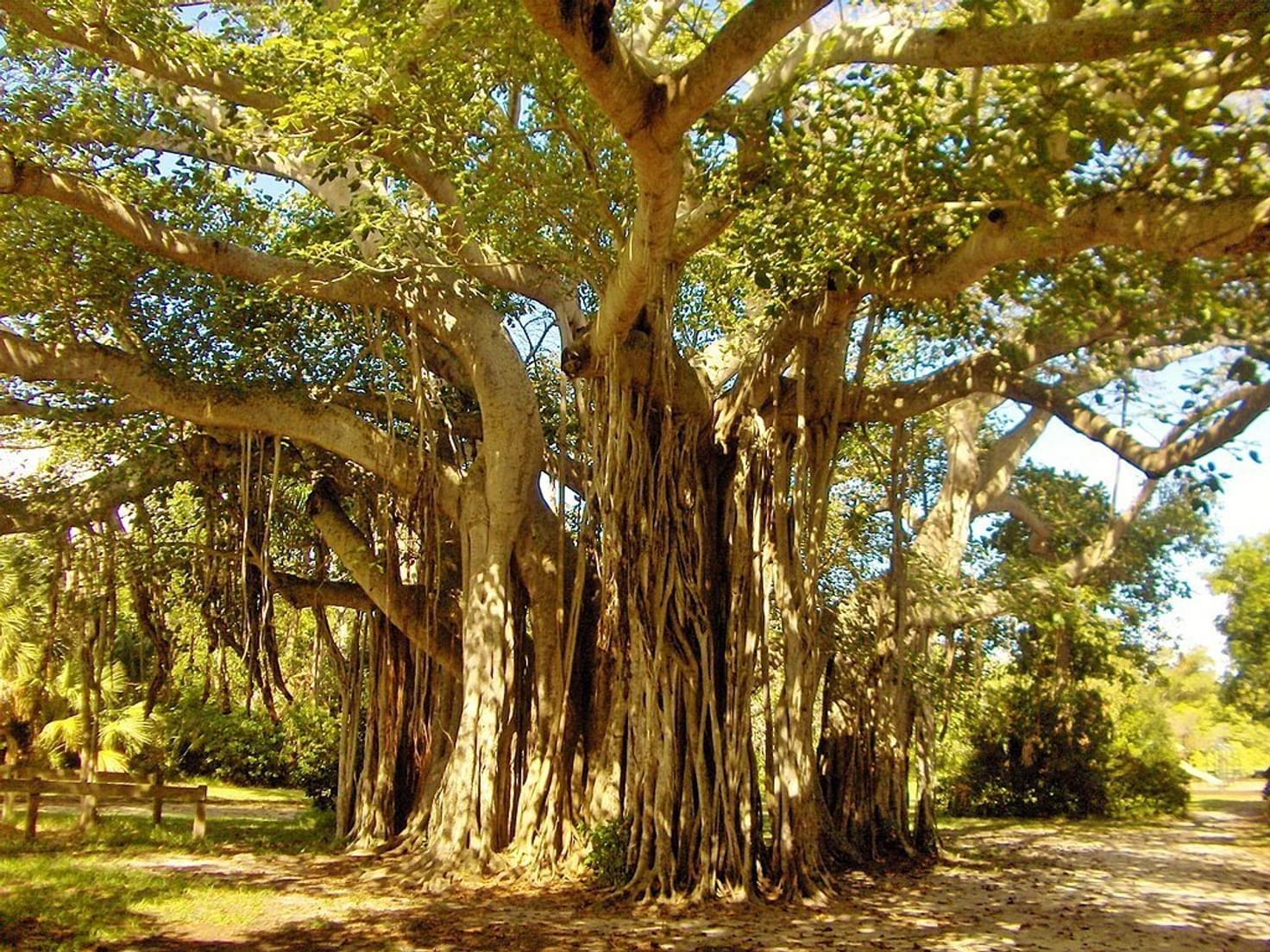
Words by Tess Becker
It goes without saying that trees are incredibly important. Beyond the obvious benefits like, well, allowing us to breathe; they offer shade, food and defence against climate change.
In a recent Smiley News article we learnt about urban food forests, which offer coverage in scorching hot cities, free food and connection for community members.
Community Greening is trying to achieve something similar in Florida.
This ‘urban forestry’ non-profit focuses on greening urban spaces to help combat climate change and bring more foliage to cities.
“Since our founding in 2016, we have planted over 12,000 trees with more than 6,000 volunteers of all ages, via tree giveaways and plantings in public parks, schoolyards, residential yards, and urban orchards from West Palm Beach to Deerfield Beach,” they write.
Due to rapid urban expansion since the 1950s, South Florida is especially in need of a service like Community Greening.
“When they do studies of places that are losing the most trees, Florida's usually one of the top states in those studies. So we really need to do everything that we can to put as many trees back in the ground to get all those benefits that we're missing out on,” Community Greening member Josh Weiner tells Smiley News.
Josh highlighted that a big part of Community Greening is establishing equity, since many underserved communities are also the ones with the fewest trees.
“There are lots of practices of systemic inequality like redlining, that show that there are huge disparities in the number of trees between areas that have a lot of resources and wealth and areas that don't,” Josh says. “So not only are people getting screwed over with the basic economics of life, but on top of that, they're also losing out on the benefits of having trees.”
The trees they plant include a mix of native and fruit trees. The fruit trees help bring fresh and free fruit to communities. By planting native trees, they avoid disrupting local ecosystems and biodiversity.
“Whenever you're planting something, trying to make sure that it's the right tree for the right place is really important, especially to make sure that it thrives as much as it can, and planting natives is a big part of that,” Josh says.
To drum up support in the community they organise tree giveaways and tree planting events.
“Volunteers come out they help us sow seeds, they help us pot up small trees into bigger planters so that we grow those and then those are given away at tree giveaways, or they're planted at planting events that we hold. The public is involved in all those events so they can come out and get a tree or they can actually come out and help us plant some of those trees.”
Through these events, Community Greening aims to create green spaces that benefit everyone in local communities in the longterm.
“Trees do a lot of good for everybody and some people have more trees than others just based on where they live,” Josh says. “So we want to change that. We really believe that everybody should have access to all the benefits that come with it.”
Charity check-in
At Smiley Movement, we like to elevate the work of charities across the world. Here are three charities whose causes align with the themes in this article.
Beacon Food Forest. This is one of the largest food forests in the country. Find out more and support them here.
Cultural Survival. They are an indigenous-led nonprofit focused on empowering indigenous Americans and helping the planet. Find out more.
American Forests. A conservation organization focused on preserving and protecting American forests. Support them here.